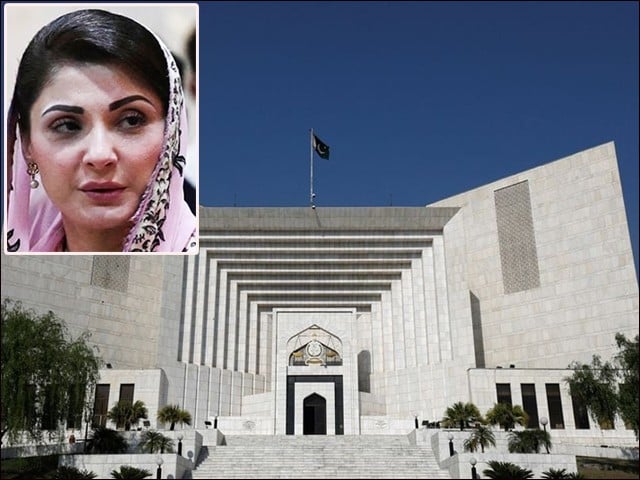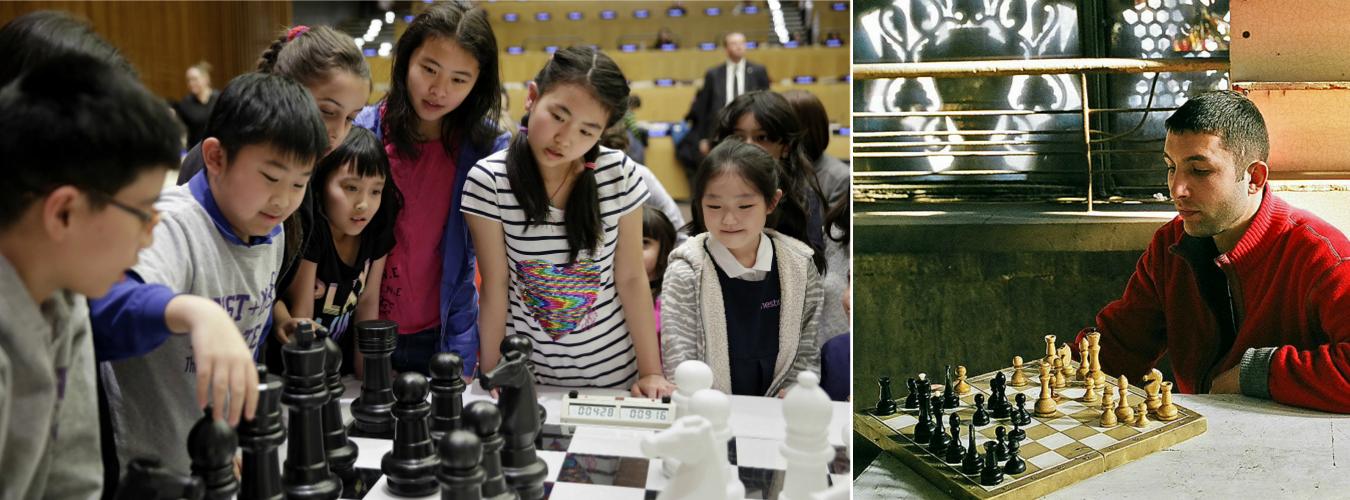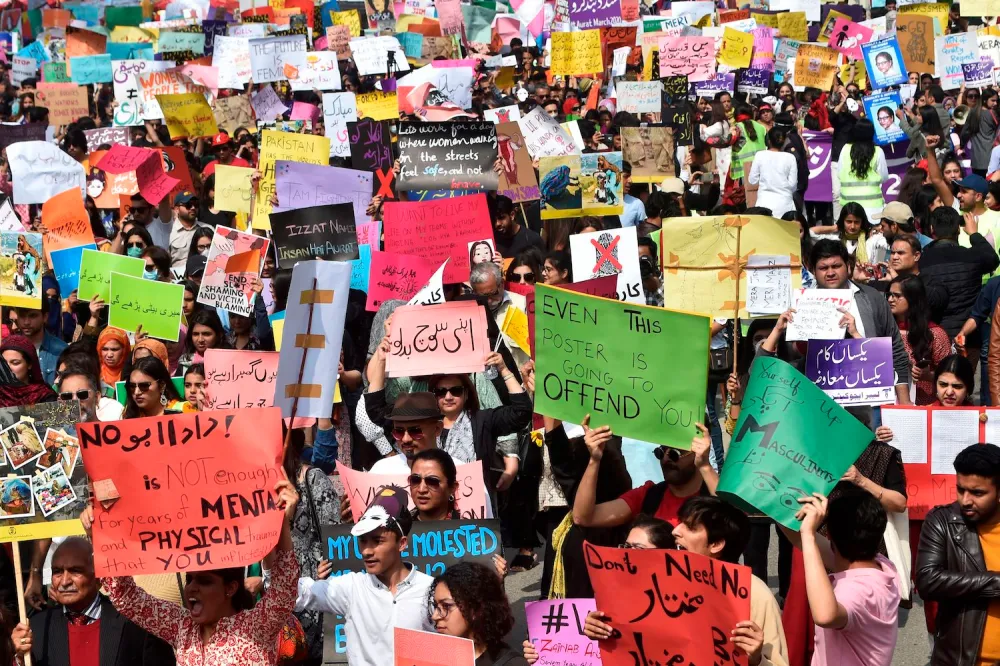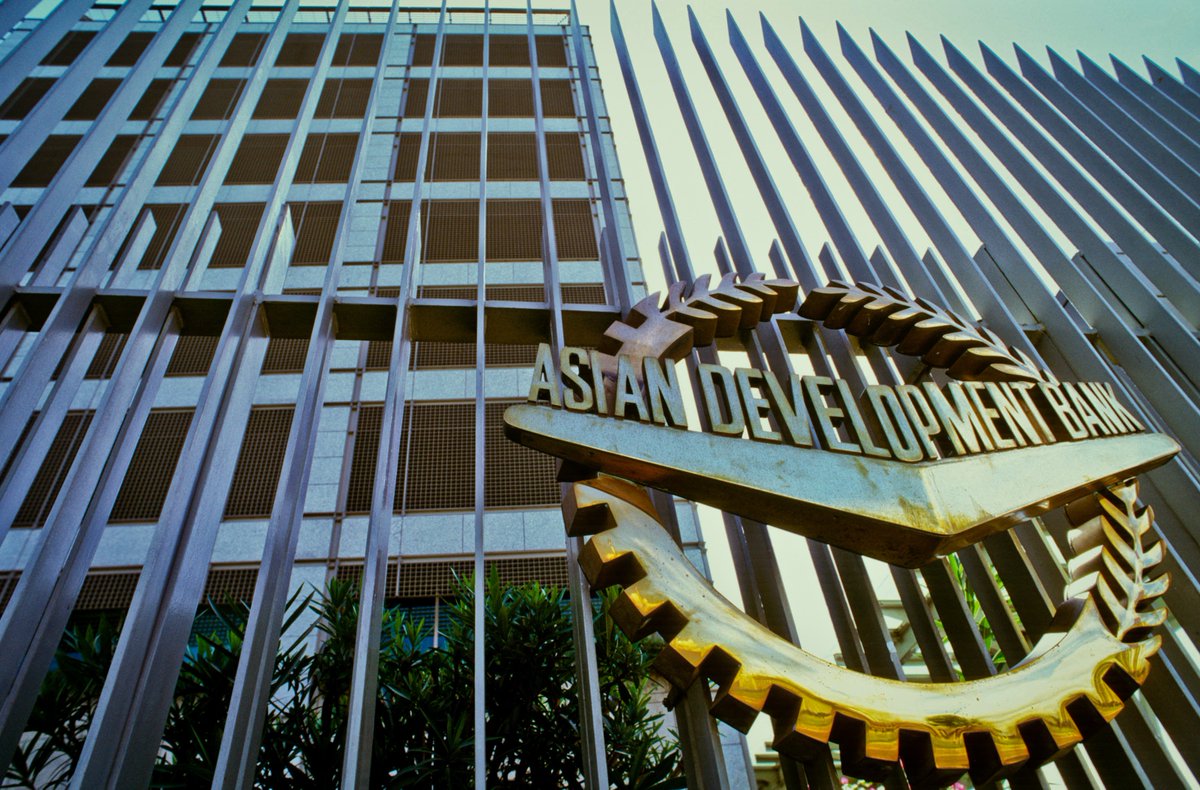Barrister Javaid Qazi
The recent accusations by six judges of the Islamabad High Court (IHC) have not only raised concerns but also sounded alarm bells about the independence of Pakistan’s judiciary. The judges’ allegations of interference by intelligence agencies, including surveillance, absconding of relatives, and pressure tactics, present a deeply troubling image of a system under severe influence.
The methods described in the letter are particularly concerning. Bugging judges’ homes, subjecting relatives to torture, and using financial investigations to influence rulings are blatant attempts to coerce specific outcomes. These tactics not only undermine the integrity of individual judges but also erode public trust in the entire judicial system.
The judges’ call for a judicial convention to tackle these issues is not just important but urgent. A collective effort is necessary to establish clear guidelines on how judges should counter such intimidation. This could involve reinforcing internal reporting mechanisms within the judiciary, setting up a transparent investigation process for such allegations, and potentially seeking international oversight.
The letter also highlights the need for clearer protocols within the existing code of conduct for judges facing this pressure. Updating these guidelines to explicitly address intimidation tactics and outline appropriate responses is essential.
Furthermore, the judge’s request for an investigation into the alleged “policy” of intelligence agencies to influence judicial outcomes deserves serious consideration. If such a policy exists, it represents a systematic threat to the rule of law and must be dismantled. Transparency and accountability within intelligence agencies are paramount to ensuring they operate within legal boundaries.
The Supreme Court’s role in addressing these allegations is critical. They must ensure a thorough investigation into the claims and take decisive action against any individuals or agencies involved in pressuring judges. Furthermore, establishing clear communication channels between the judiciary and intelligence agencies can help prevent future misunderstandings.
This situation presents a significant challenge to Pakistan’s democracy. A compromised judiciary weakens the rule of law, discourages fair trials, and ultimately hinders the nation’s progress. By taking concrete steps to address the judges’ concerns and safeguarding judicial independence, Pakistan can ensure a just and equitable legal system for all its citizens.
The alarming allegations of judicial intimidation in Pakistan demand a multi-pronged approach to ensure the judiciary’s independence and the rule of law. A national judicial convention, as proposed by the IHC judges, is a crucial step. It would foster collaboration amongst judges and legal institutions to develop clear protocols for responding to intimidation attempts. This could involve standardized reporting procedures within the judiciary, allowing judges to report such incidents without fear of reprisal confidentially. However, its legal position needs to be determined.
Establishing an independent investigative body within the judiciary, or in collaboration with a credible oversight institution, is vital. This body would be responsible for thoroughly investigating allegations of intimidation and recommending appropriate action. Transparency in the investigation process would be key to maintaining public trust.
The current code of conduct for judges must be revised to explicitly address intimidation tactics. This update should outline clear steps judges can take when facing pressure, including reporting procedures and access to support mechanisms within the judiciary. Additionally, the code could be strengthened to include provisions for sanctions against judges who engage in unethical conduct or fail to report intimidation attempts.
The judges’ call for an investigation into the alleged “policy” of intelligence agencies to influence judicial outcomes is critical. An independent commission, potentially with international oversight, should be established to investigate these claims. Dismantling any such policy is essential to prevent systematic interference in the judiciary. Furthermore, increased transparency and accountability within intelligence agencies would ensure their operations comply with the law and do not infringe on judicial independence.
The Supreme Court’s leadership is crucial in addressing these allegations. They must demonstrate a solid commitment to judicial independence.
The Supreme Court should take the initiative to launch a thorough and impartial investigation into the specific allegations raised by the IHC judges. This would send a powerful message that such tactics will not be tolerated. Based on the investigation’s findings, the Supreme Court should take decisive action against any individuals or agencies found to be involved in pressuring judges. This could involve legal proceedings, disciplinary measures, or even dismissal from service. Furthermore, it will also determine the truthfulness of the allegations. Establishing clear and formal communication channels between the judiciary and intelligence agencies can help prevent future misunderstandings. Regular dialogues foster mutual respect and ensure both institutions operate within their defined mandates.
Pakistan can also consider seeking international support. International experts can provide technical assistance to strengthen internal reporting mechanisms within the judiciary and develop protocols for investigating intimidation attempts. Inviting international legal bodies to conduct peer reviews of Pakistan’s judicial system can provide valuable insights and recommendations for strengthening judicial independence.
By implementing these recommendations, Pakistan can begin to address the challenges to judicial independence. A robust and independent judiciary is essential for a functioning democracy and upholding the rule of law. It fosters public trust in the justice system and ensures fair trials for all citizens.
Please, subscribe to the YouTube channel of republicpolicy.com

















































